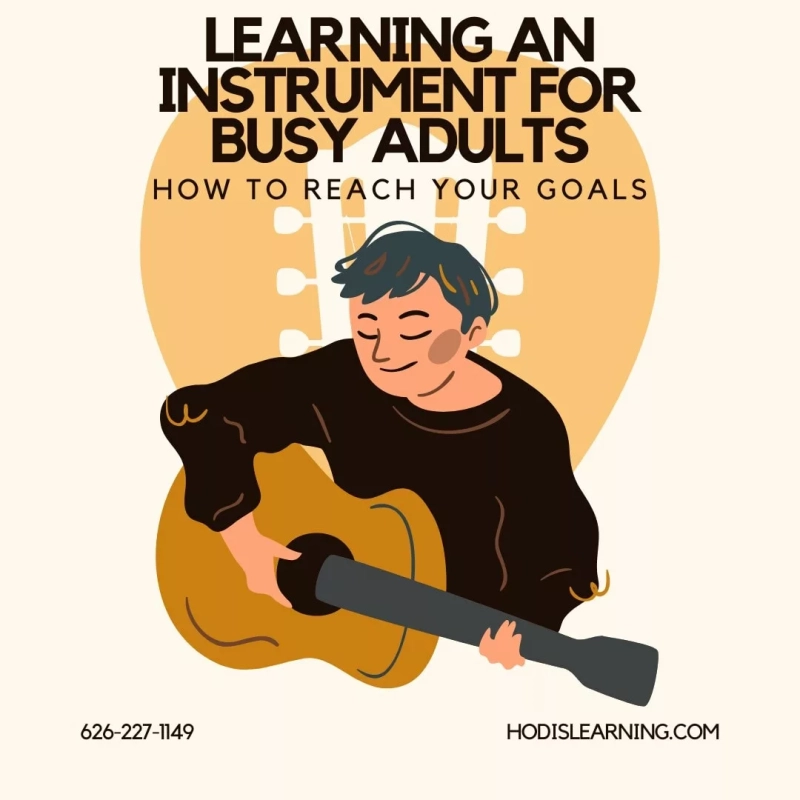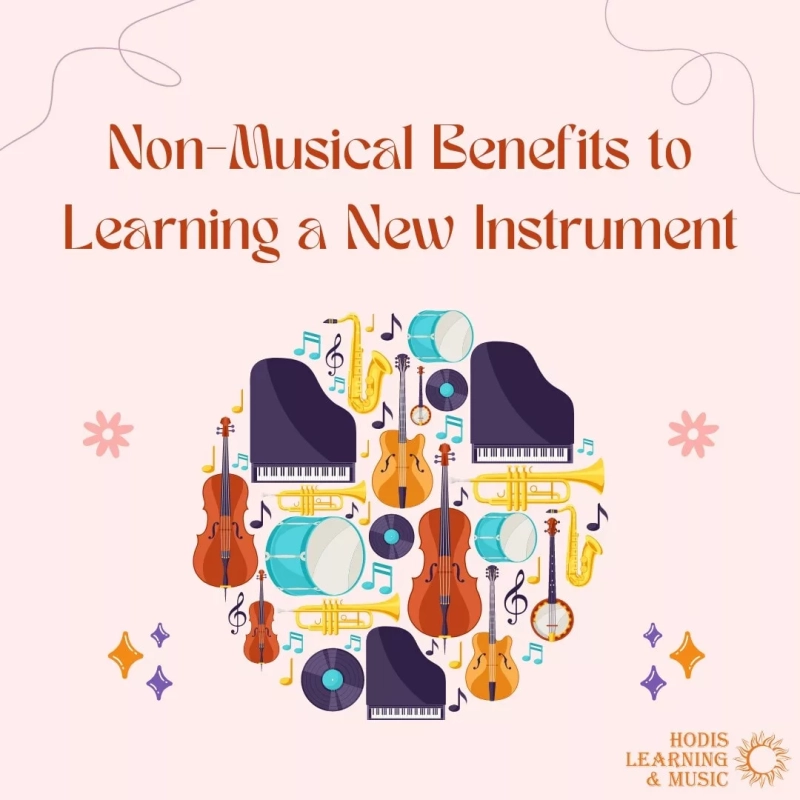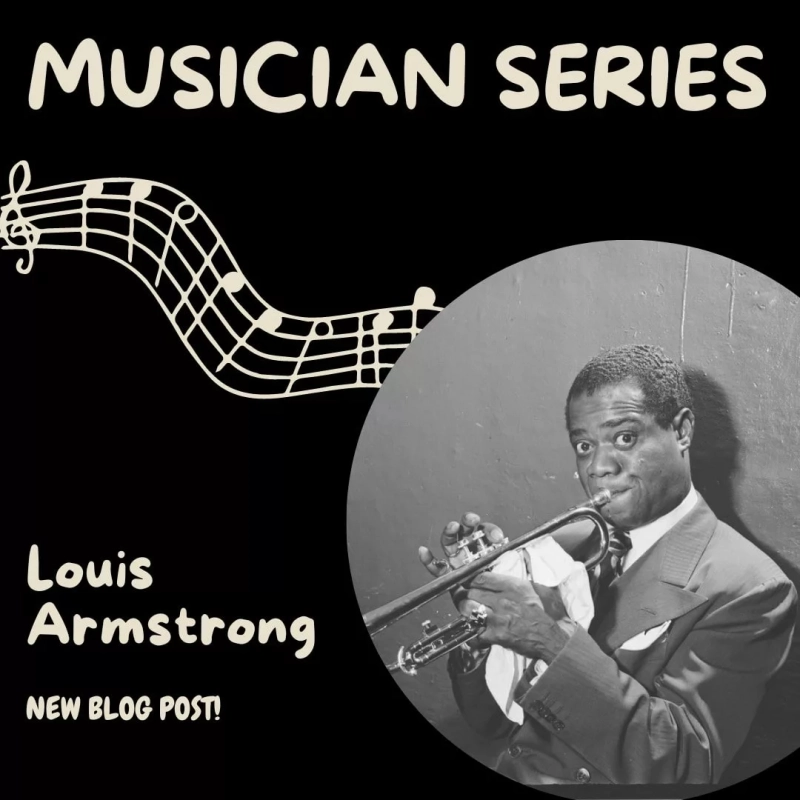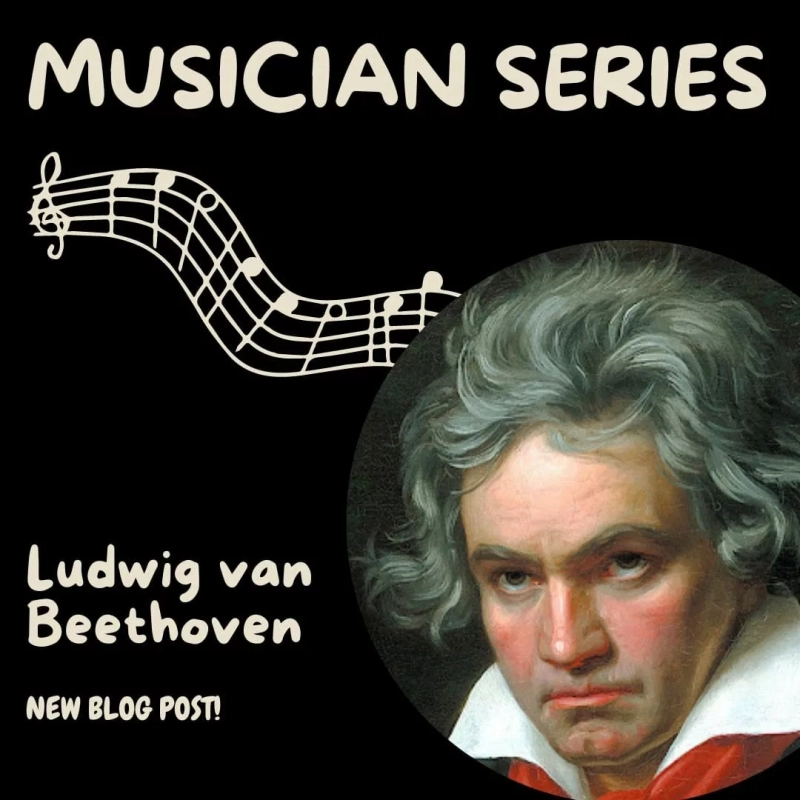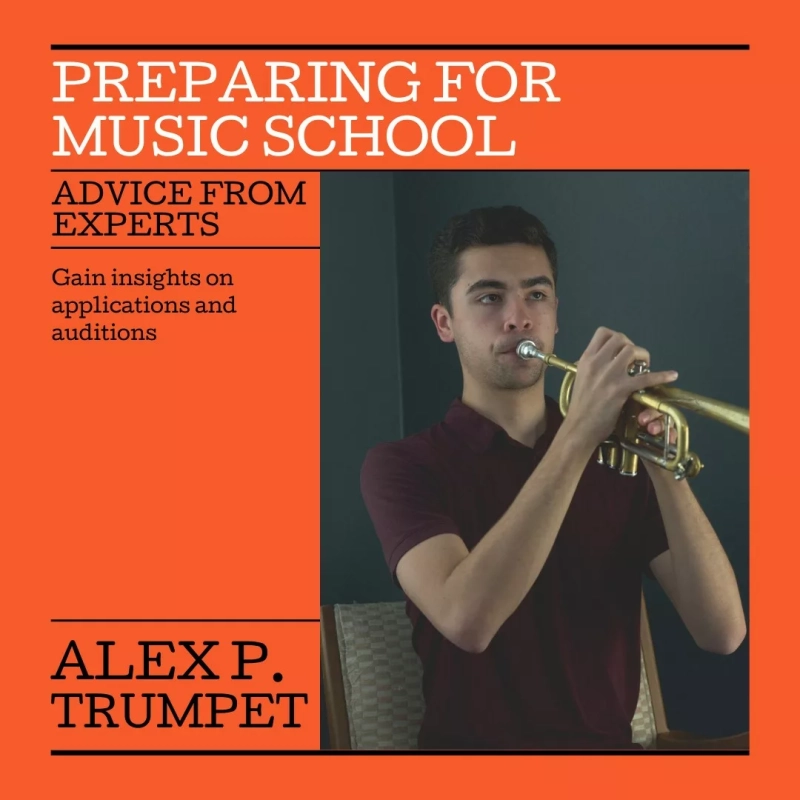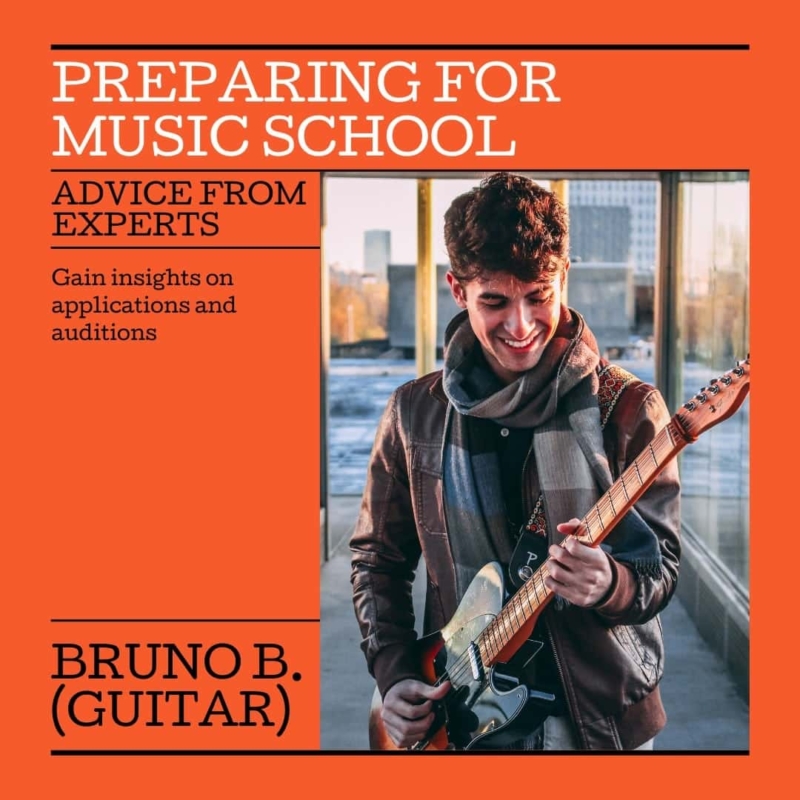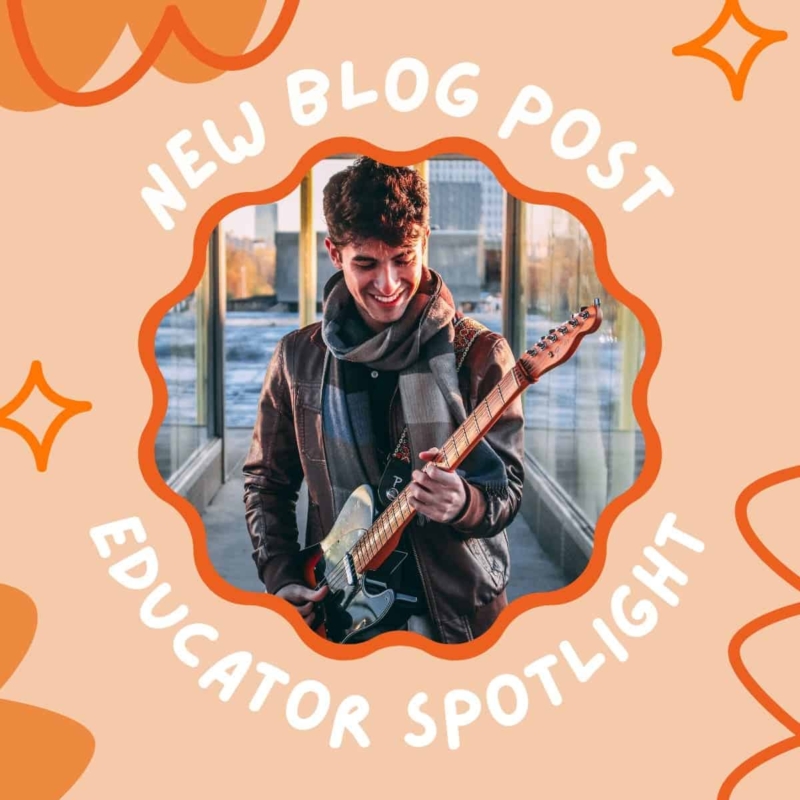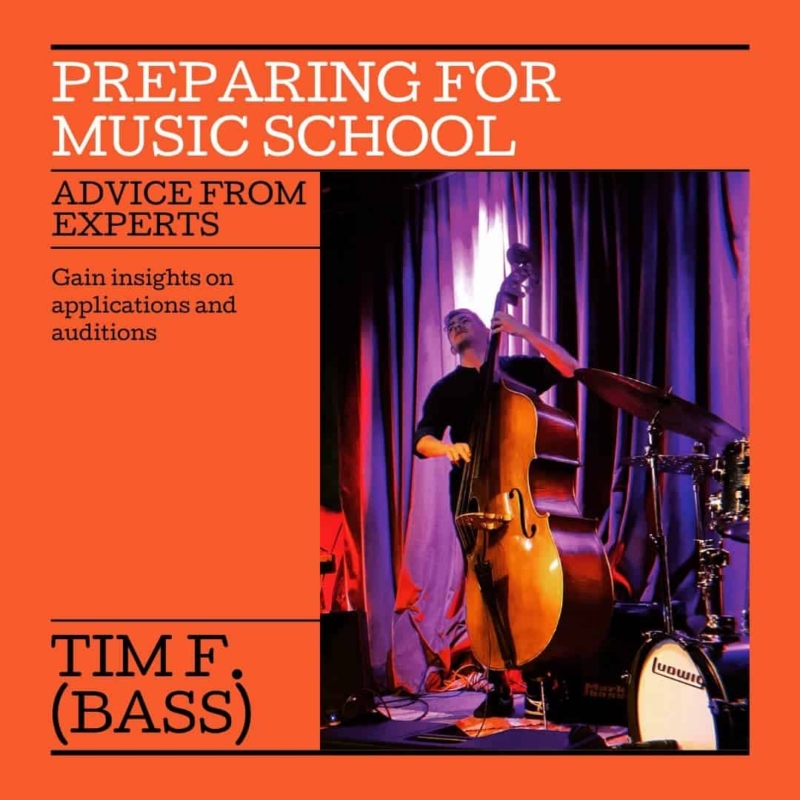Let’s face it – it’s 2022 and we are all very busy. Learning a new instrument is challenging amid our chaotic schedules. But it isn’t impossible! If you are serious about learning a new instrument and you are willing to budget some time for learning, then it’s just a matter of managing time and expectations. Follow the tips below to make your music education rewarding and fruitful.
(1) Be Realistic and Manage Expectations
How much time and energy will you have to practice? If you’re serious about learning a new instrument, you will need to practice. I usually recommend that busy students budget three 30-minute blocks of time each week to practice. Don’t have that much time to dedicate to practicing? Then you will need to manage your expectations on your progress as the process will be slow.
(2) Dedicate a Space for Practicing
If you dedicate a space for your practice, then you won’t have to fuss with setting up your instrument each time you practice. Make it a distraction-free space in your home. If your instrument is smaller, like a guitar or ukulele, and you have a personal office at work, consider keeping your instrument in your office so that you can practice during your breaks. If you practice during two 15-minute breaks in one day, then you’ve already completed 30 out of 90 minutes for the week! If your instrument is loud like a trumpet, consider investing in a practice mute.
(3) Set Defined Goals
What is it that you want to accomplish with learning a new instrument? If you know what your goals are, it will be easier to manage your expectations. Do you just want to learn a simple 4-chord song? Do you want to learn how to write songs? No matter where you begin, you’re going to start in the same place as everyone else- at the very beginning. Once you’ve learned the basics of your instrument however, your goals will drastically change where you go from there.
(4) Block Out Times in Your Calendar
It isn’t enough to say that you will practice three times a week for 30 minutes at a time. Build the practice into your schedule and you will be more likely to achieve this goal.
(5) Hold Yourself Accountable
In the end, your progress depends solely on your discipline and motivation. Build that muscle of accountability to ensure that you’re making strides to reach your goals. This might require sacrifices, but remember your reasons for wanting to learn an instrument in the first place.
(6) Don’t Beat Yourself Up When You Don’t Practice
You’re a busy adult! There will be times when you just don’t have time to practice. Give yourself some grace when life gets in the way.
(7) Make Sure You’re Having Fun
If you’re not having fun, then you’re not going to get the most out of your learning experience. Ask yourself what is getting in the way of enjoying your practice and change the situation if you can.
(8) Celebrate Your Progress
It can be so easy to get caught up in what you haven’t accomplished in your practice. Try to stay focused on what you have accomplished and celebrate your little victories!
(9) Learn Alongside Your Child
Learning with your child can be a fun way to explore a new area together and keep each other accountable. Plus, learning an instrument is a great way to promote your child’s development.
(10) Learn from an Expert, Patient Music Teacher
Hodis Learning & Music offers expert music education from experienced and patient educators. On top of teaching students the knowledge necessary to reach their goals, our music teachers can also help students manage expectations and create practice schedules that work in their busy lives. Having an excellent teacher can truly make all the difference. Schedule your first session or get more information with a simple phone call or email!

